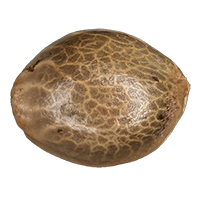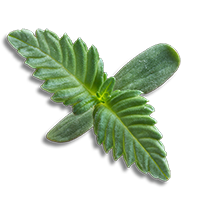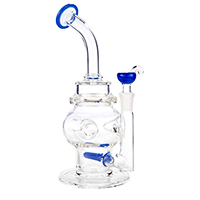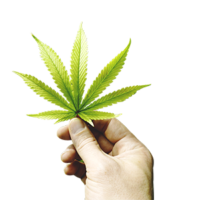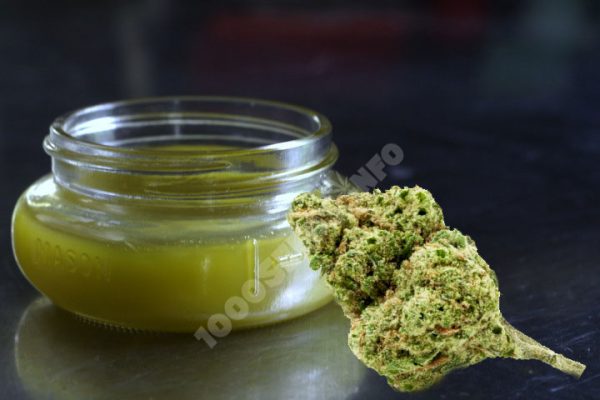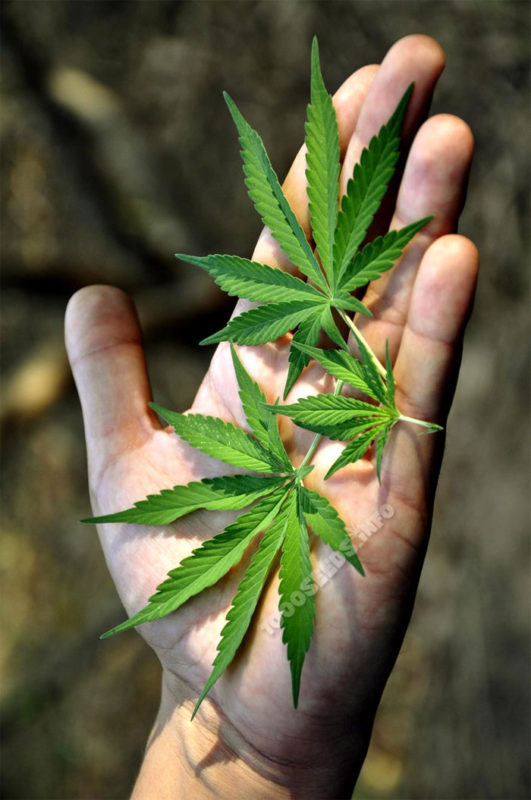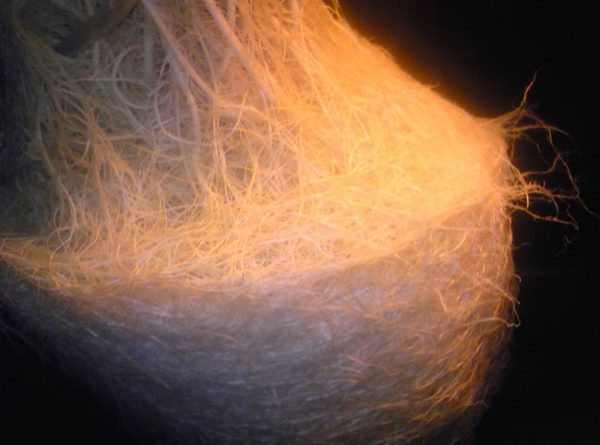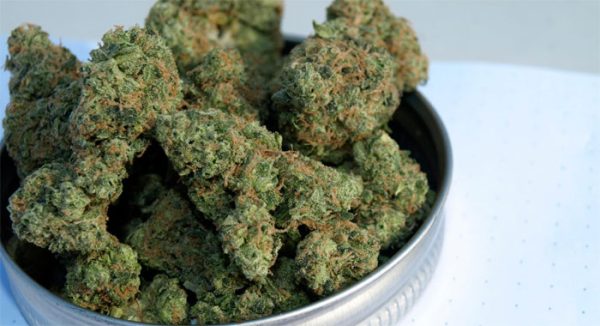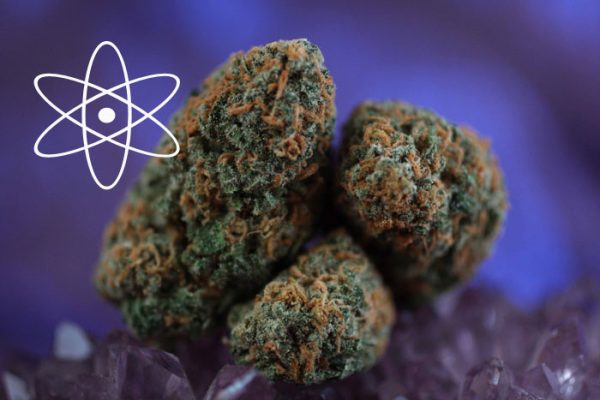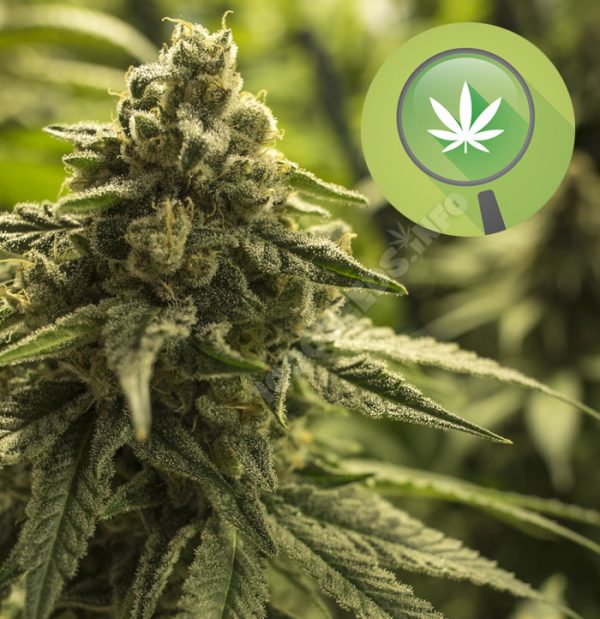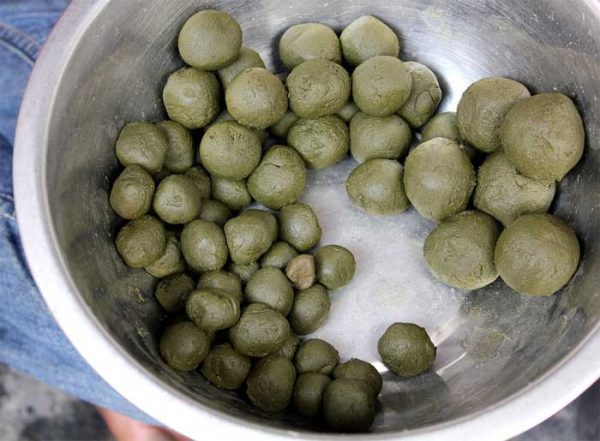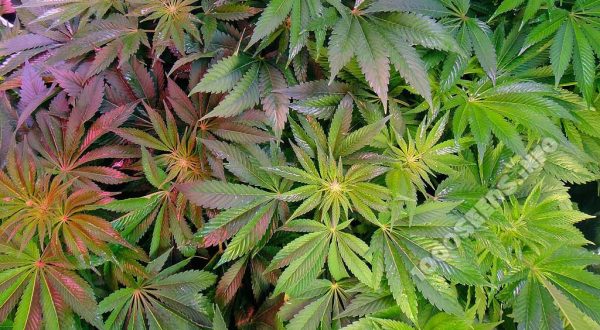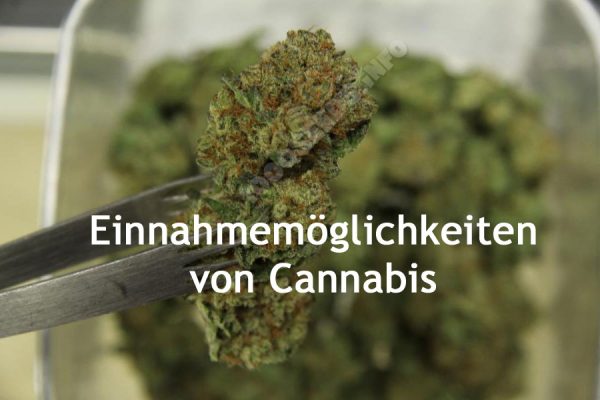Cannabis and THC for traumatic brain injury
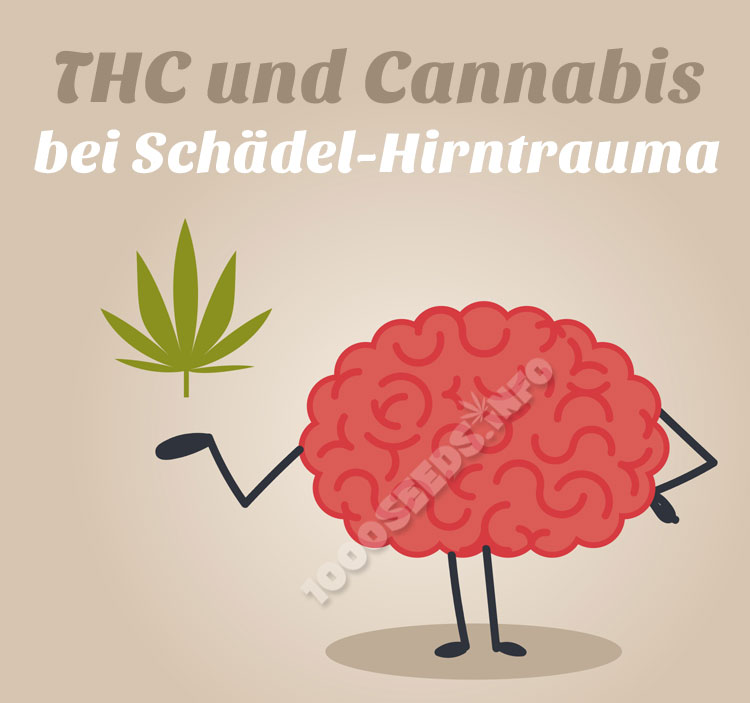
Traumatic brain injury (TBI), or damage to the brain, occurs when an external force called a trauma damages the brain. Traumatic brain injuries lead to death or disability in many children and adults worldwide. Causes include falls, traffic accidents or violence. Traumatic brain injury usually also causes secondary injuries that may occur minutes or even days after the initial injury. In addition to the initial injuries, there is often a change in the blood flow to the brain and thus a change in the pressure inside the skull. This also contributes to the injuries and can cause numerous complications.
Traumatic brain injury can have far-reaching emotional, physical and cognitive effects, and treatment outcomes can range from full recovery to death or permanent disability.
Natural endocannabinoids are produced in the body of humans and some animals. Their main function is to bind to the cannabinoid receptors in the body from which they come. A compound that the brain produces in response to trauma may be useful in treating complications resulting from brain injuries, Israeli researchers report. ... "we believe that this component that the brain produces itself is able to serve as a neuroprotective agent," lead study author Esher Shohami, a professor at the School of Pharmacy at Hebrew University in Jerusalem, told Reuters Health. The researchers concluded that this compound appears to somehow help prevent secondary complications in the brain after traumatic brain injury. It is thought that this occurs by reducing inflammation, slowing the production of toxic substances in the brain or increasing blood flow to the brain immediately after the traumatic injury. However, the natural amounts produced by the brain cells probably do not reach a high enough level to be effective, Shohami explains.
To explore the effects of this compound, the scientists synthesised 2-AG and injected it into mice one hour after brain injury. The mice were studied 1, 4 and 7 days after the injury. "We found a huge improvement in the recovery of the mice," says Shohami, while pointing out that there was less fluid and swelling in the brain, better recovery of motor function and fewer dead brain cells and tissue as a result of the administration. However, the protective effect against neurological damage was only short-lived with significant effects at the same time. Shohami explains that she hopes the findings can now be tested on people suffering from brain injuries. In her view, the single injection of the substance should be considered as a new treatment option. She does not expect any serious side effects or toxicity with this new form of treatment.
Cannabis & Neuroprotection
Modern science has not only debunked the rumour that marijuana is neurotoxic, but has also shown in its recent scientific discoveries that cannabinoids are indeed neuroprotective, including against alcohol-related brain damage. A recent preclinical study by the US National Institutes of Mental Health (NIMH) reports that administration of the non-psychoactive cannabinoid cannabidiol (CBD) can reduce ethanol-induced cell death in the brain by up to 60%.
Numerous other studies in the past have also repeatedly shown the neuroprotective effects of cannabis and its cannabinoids. The mechanism by which cannabinoids are able to minimise brain damage is not yet sufficiently understood.
Mortality in patients with traumatic brain injury is significantly lower in patients who test positive for THC.
According to a new study from the USA, mortality in patients with traumatic brain injury is significantly lower in patients who test positive for THC than in patients who test negative.
Dr. David Plurad of Harbor-UCLA Medical Center in Torrance, California, one of the study's authors, notes that "these data fit with previous findings showing that THC is neuroprotective." Animal studies have previously shown that THC can protect the brain after injury, and the neuroprotective effects of cannabinoids have also been shown to treat some neurological conditions in humans, but little is known about THC's effect on brain injury in humans.

To test their hypothesis that THC improves survival in traumatic brain injury patients, the researchers reviewed data from patients over a 3-year period who were treated at their clinic after an accident. After excluding all paediatric patients and those who were not expected to survive their injuries, the researchers had 446 cases that met the study criteria.
Overall, the mortality rate was 9.9% and 18.4% of patients had positive THC screenings. Among the THC-positive patients, only 2.4% died from their injuries, compared to 11.5% of the THC-negative group (p = 0.012). Significantly fewer patients who use marijuana die from traumatic brain injury as a result of a serious accident than patients who do not use cannabis.
A handful of studies, including his own research, have already suggested that alcohol may also have neuroprotective effects in traumatic brain injury, notes Dr Plurad. However, he adds, these studies did not control for the presence of THC. "We checked for the presence of alcohol in our statistical analysis, and it turned out to be nowhere near as effective as protection as the presence of the marijuana," he added. Future studies on the potential neuroprotective effects of alcohol should also consider the positive effects of marijuana.

One problem with the study, according to Dr Plurad, could be that the toxicological test for THC could not distinguish between occasional and chronic users. A person could test positive after the last marijuana use was ready days or weeks ago.
Since marijuana is very inexpensive and has some medical benefits, its therapeutic effects should be further investigated, the researcher said.
"There is not going to be one answer as to whether marijuana is good or bad for you," he added. "Like most things in life, and especially in medicine, the answer will be somewhere in between."
Source: The American Surgeon, Issue 80, Number 10, October 2014, pp. 979-983(5).
<<mehr zum Thema Cannabis als Medizin>>
Medical disclaimer
The information on this website is for general information purposes only and is not to be equated with medical or legal advice. We do not wish to encourage anyone to consume or use drugs illegally. Please consult your doctor/health care provider before using any products/methods referenced or linked to on this website


